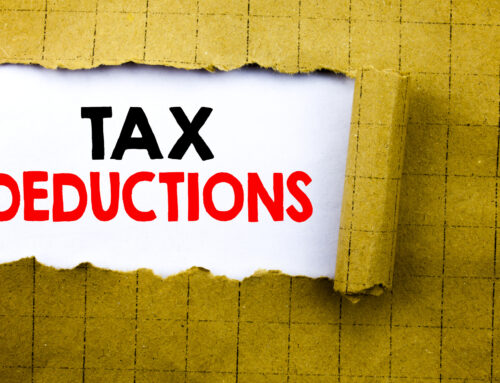
You may be asking yourself, “What is tax planning?” Tax planning is the process of understanding how your money is going to be taxed and attempting to use strategies to minimize your tax burden. No one likes to see unexpected taxes. Understanding taxes is essential for proper retirement planning. If you aren’t sure exactly how taxes will be taken out of your retirement funds, you should take a look at this article.
There are two broad categories of 401(k)s. The first is a traditional 401(k). With a traditional 401(k), your money is sent to the retirement account before you pay taxes on it. Usually, when you are sent a check for work, the amount you are sent is subject to your income tax rate that year. But with a traditional 401(k), you can send a portion of money from your check into your retirement account before the government taxes it, essentially lowering the amount of income that is subject to tax.[1]
This has two implications:
- Your income while working is reduced by the amount you’ve contributed to your traditional 401(k).[1] This might reduce the tax bracket you’re in and reduce the amount you owe in taxes during your working years.[1]
- When you start to receive distributions from your traditional 401(k), your withdrawals will be taxed as income in the years those withdrawals are made.[1]
If you are thinking about tax planning strategies, one thing to keep in mind is how much you’re withdrawing from your traditional 401(k) at a given time. If you decide to take a large amount out of your account all at once, you may end up with a significant tax burden.[1]
The other form of 401(k) is called a Roth 401(k). With a Roth 401(k), the money you contribute is taxed before it is put into your account.[1] This highlights two main differences between the traditional 401(k) and the Roth 401(k).[1]
- The money you contribute to a Roth 401(k) does count toward your income in the year that you contributed it.[1]
- When you withdraw from your Roth 401(k), your contributions are not taxed.[1]
One thing to reiterate: Your withdrawals from your Roth 401(k) are not entirely tax-free.[1] Your contributions to the Roth account are not tax-deductible, meaning you’re paying your full tax rate on what you contribute. However, it tends to be advantageous because your withdrawals are not subject to any taxation, including income and capital gains taxes.[2]
When it comes to tax planning in retirement, it can help to have someone in your corner who knows about tax planning services and can guide you through the process. If you are looking for someone to help you understand and plan for your taxes in retirement, consider reaching out to one of our professionals for a complimentary review of your finances today.
[1] https://www.investopedia.com/articles/personal-finance/061915/how-your-401k-taxed-when-you-retire.asp
[2] https://smartasset.com/taxes/capital-gains-tax-for-roth-iras







